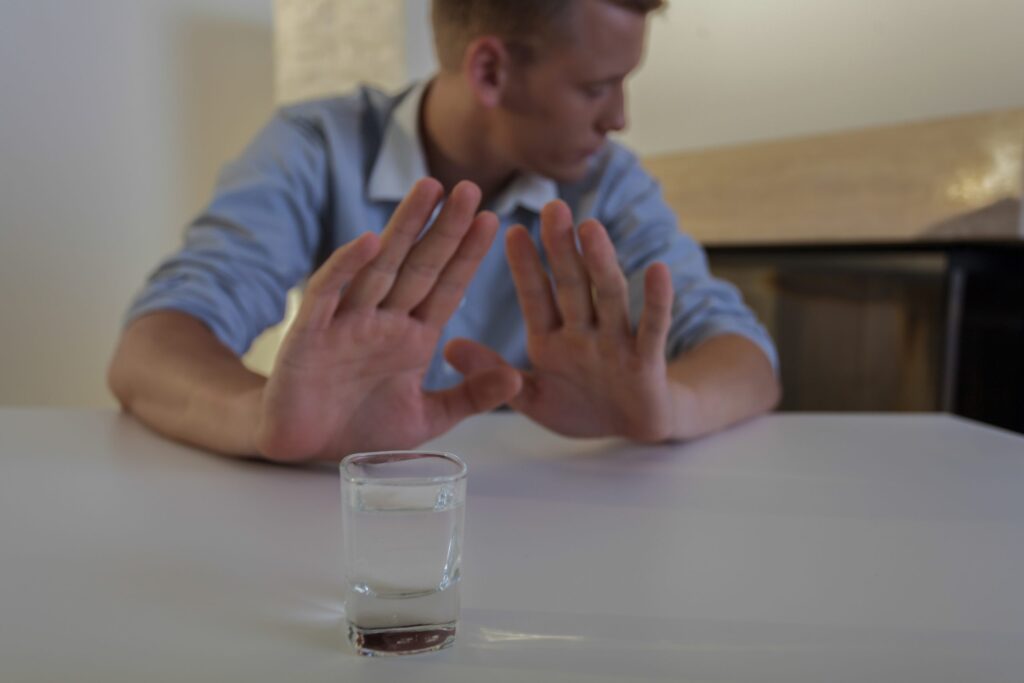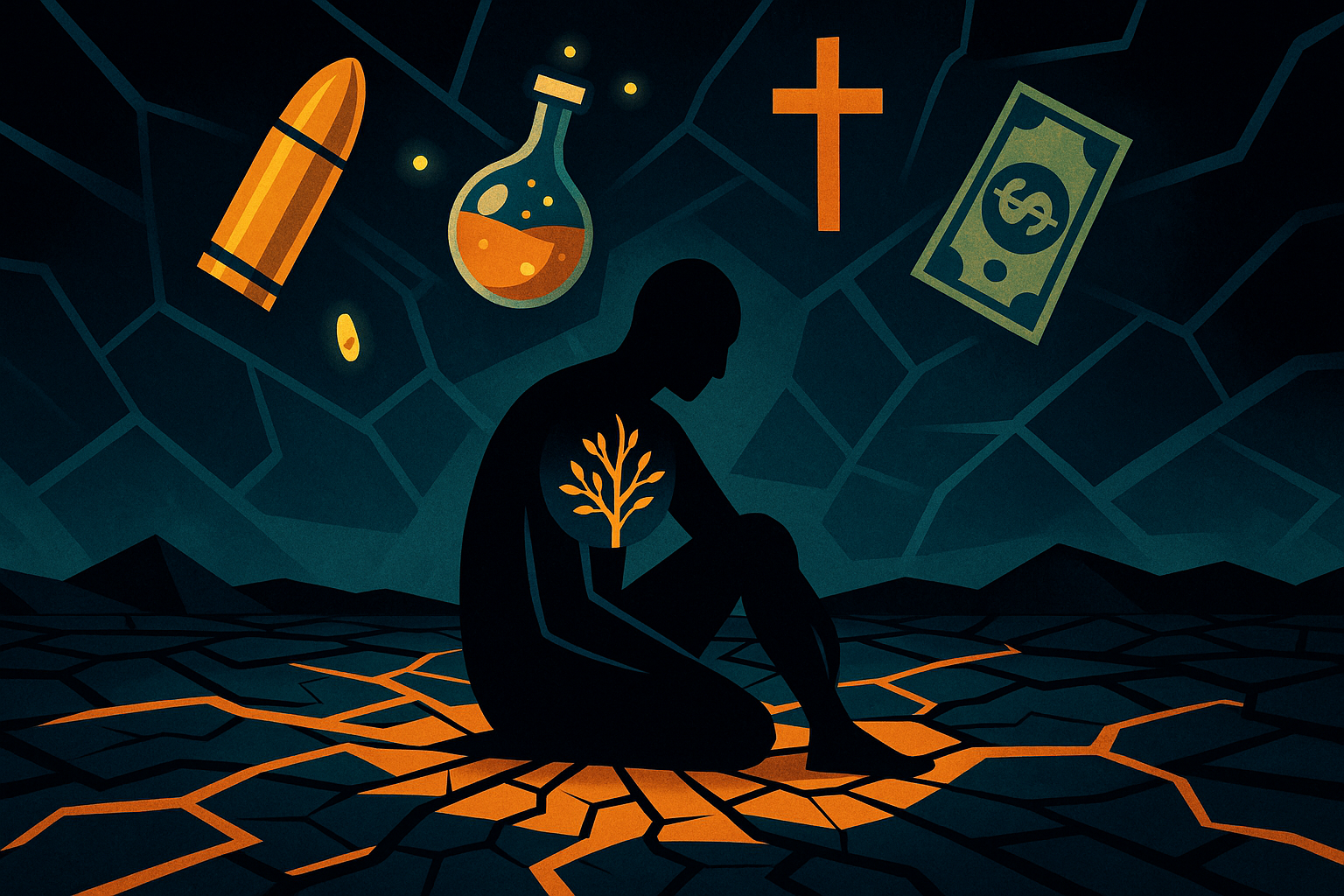How to Stop Drinking Alcohol?
There are many ways to stop drinking alcohol, but the only successful way is to understand why you need to stop drinking alcohol in the first place. You can be mentally/physically dependent upon alcohol (or both), which can cause problems in every area of your life. Health, relationships, family, marriage, work and school are just a few of the areas that alcohol can wreak havoc on. Identifying the places where alcohol has caused damage in your life is the key to giving up the bottle for good. This isn’t always easy, though. Very often, the problems aren’t as clear as having a serious, clear legal consequence (a DUI, for example). Alcohol, in fact, can be causing other people in your life to suffer more than you.
Once you’ve identified the reason (or reasons) why you want to stop drinking alcohol, a great first step is to visit your primary care physician or medical professional. It is incredibly important to be honest about how much you’ve been drinking alcohol. Don’t worry about what they will think or say about you. First and foremost, the doctor’s job is to help you. If you don’t accurately describe how much you’ve been drinking alcohol, they won’t be able to correctly treat you or customize a plan for you to succeed. By lying, you’ll only be deceiving yourself. Depending on the amount of alcohol that you’ve been consuming daily, withdrawal symptoms can range from unpleasant to downright deadly. That’s why meeting with a doctor is the best way to determine not only the severity of your addiction, but to receive practical advice for how you can stop drinking.
The Common Effects of Alcohol Withdrawal
 Doctors might suggest next steps that involve tapering down over time or stopping immediately. In some cases, physicians can prescribe medicine to make your alcohol withdrawal comfortable and safe. Even in the mildest cases, alcohol withdrawal is never pleasant. Common symptoms include nausea, anxiety, sweating, vomiting, a lack of appetite, and insomnia, while less common side effects include confusion, fever and (even worse) hallucinations and convulsions. Talking to family members and friends about wanting to stop drinking alcohol is another good approach to ending your battle with the bottle. By honestly explaining why and how alcohol caused problems in your life, you may discover their willingness to help you. By sharing your desire to stop drinking, you’re also sharing your desire to make a positive change in everyone’s life—not just yours. It’s also a highly effective way of staying accountable on your journey to sobriety.
Doctors might suggest next steps that involve tapering down over time or stopping immediately. In some cases, physicians can prescribe medicine to make your alcohol withdrawal comfortable and safe. Even in the mildest cases, alcohol withdrawal is never pleasant. Common symptoms include nausea, anxiety, sweating, vomiting, a lack of appetite, and insomnia, while less common side effects include confusion, fever and (even worse) hallucinations and convulsions. Talking to family members and friends about wanting to stop drinking alcohol is another good approach to ending your battle with the bottle. By honestly explaining why and how alcohol caused problems in your life, you may discover their willingness to help you. By sharing your desire to stop drinking, you’re also sharing your desire to make a positive change in everyone’s life—not just yours. It’s also a highly effective way of staying accountable on your journey to sobriety.
Friends and family can oftentimes be the best support structure imaginable to help build confidence, provide encouragement, and keep that person on track—mainly because they know you and what you’re capable of.
Very early on, it’s easy to fall back in old habits and routines with alcohol. Believe that you can overcome on the setbacks and struggles. Early sobriety is all about finding out what works best for you. After all, what works for one person in recovery might not work at all for you. Alcoholics should always be mindful about not engaging in all the same behaviors they did while they were drinking. If you used to join co-workers for after-work happy hours, that’s really not an option anymore. Start replacing alcohol-centric events/occasions with healthier ones, be it an afternoon walk, shopping, or even going to the movies.
Self Discipline is Your Key to Sobriety
The first few weeks/months of sobriety are critical. You should spent thinking of new and healthier things to do, rather than mourning the loss of alcohol. Think on the negative consequences of alcohol, and it will make you more dedicated to long-term sobriety. What are your triggers? What are the places and people and things you need to avoid? Look for support groups that are convenient for you and your schedule. Don’t judge a fellowship by just one meeting, either. Chances are, there are dozens of meetings in any given week near your house. Get out there and meet people who understand exactly what it’s like to go through what you’re going through.
Once you get a few weeks or months of sober time under your belt, be sure to make note of it. Celebrate them, if you can. These are important milestones. The longer you’re away from the bottle, the more time you’re investing in becoming the best possible version of yourself. This is an incredible amount change in your life—and something won’t happen overnight. Recovery is an ever-changing, never-ending process—and it’s one that doesn’t need to be stringent or strictly defined. It’s your recovery and it’s bound to be as unique and dynamic as you.



